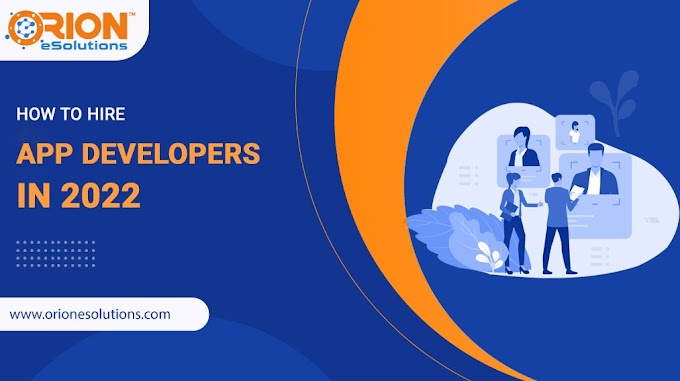Efficient transformation is all about marrying technology, data, and people in very subjective manners. It enables a paradigm shift within the organization’s culture, leadership, and governance holistically. Businesses worldwide has appreciated the magnificence of digital transformation and the market looks promising.
When it comes to core technologies, the main drivers of this growth are cloud computing, big data, mobility, analytics, cybersecurity and AI. Let us look at some forecasts to understand the potential. According to Markets and Markets,
- In 2020, the global Digital Transformation market was at $469.8 Billion.
- By 2025, the market will reach an all-time high of $1009.8 Billion.
- The CAGR expected to be exhibited by the market from 2020 to 2025 in 5%.
With these numbers, it is evident that most businesses see digital transformation as a sine qua non for sustaining their operations. It also contributes to the relevance and acquires the necessary competitive edge to survive in the post-pandemic market. Let us look at some numbers that reflect the benefits of adopting a digital model.
BENEFITS OF DIGITAL TRANSFORMATION
Transformation takes on various manifestations depending on the type of business and end goals. For 52% of businesses, transformation is a manner to optimize worker productivity through AI-assisted tools and other automated approaches.
Data availability and the ability to enhance business management is the agenda for 49% of businesses opting to go digital. 46% of organizations hopes to meet customer expectations and enhance their experience through this shift. According to Finances Online,
- 40% of businesses has experienced significant improvement in operational efficiency.
- Customer expectations are changing and getting more demanding. 35% of organizations have adjusted to this shift efficiently through transformation.
- 26% of transformed organizations has experienced considerable improvement in product quality.
- 24% of the businesses experienced reduction in product development costs while 25% reported increase in design reuse.
- Newer revenue streams opened up to 21% of the organizations.
Now that we have touched upon the sure-shot benefits accompanying this transformation, it is essential that we look at how this can be achieved congruously.

SIX STEPS TO SUCCESSFUL DIGITAL TRANSFORMATION
It is a widely known but hugely under-appreciated fact that only 30% of companies that opt for transformation can have it deployed flawlessly. The rest? It is not the lack of rigor or yearn, but rather a set back in terms of the approach that fails them. And the pace is especially turbulent during the time of transition as new behaviors come at the cost of uncertainty.
Here, we will list down 6 steps for your transformation process. Not only does this lubricate the entire process, but it will also ensure that your organization can leverage the most out of it. If you partner with a transformation consultant like Orion eSolutions, you can be sure to enjoy the magnificence of this approach and have a success rate of over 80%.
- Sculpting an integrated strategy. The company’s end goal must be defined by the smaller goals being set.
- A perceptible amount of commitment needs to be seen in terms of leadership from top through the middle. This is necessary to get everyone on the same wavelength and get the personnel throughout the organization excited about this transformation.
- Marry digital expertise and organization experience to get the right people at the right positions.
- An Agile mindset can work wonders. Adopting this sort of organizational culture can further enhance the process.
- Monitor and measure the steps. The upgrades happening to the tech must be complemented by creating a data platform that aligns to business needs. It should be aimed at fashioning an interoperable, modular, and flexible data platform.
If you have religiously adhered to the above-mentioned steps, the end-result of your transformation will be second to none. But ever so often, the case is that even though the steps are followed, the practicality is misconstrued. This is where a partner like Orion eSolutions come into play.
We further chisel down this approach to make sense on a functional layer. We take an imposing approach. Our approach starts with outcome implementation. We then successfully manage talent and inculcate digital skills. We then take the assistance of the Agile framework that further promotes iterative development, a learning-based approach, and cross-functional collaborations. Our approach concludes as we govern for value. We can help you revisit your cadence and enhance it for vital decisions that use the appropriate KPIs for robust and meaningful measurements.
And that gets us to the conclusion of this discussion.
SUMMING UP
According to a BCG survey, 80% of organizations are heavily and successfully relying on transformation to get through the economic friction of the post-pandemic era. This also comes as a backdrop to the prediction that over 50% of the global GDP will be supported by digitally transformed businesses by 2023. Some other interesting statistics are:
- By 2023, the contribution to the global GDP by transformed organizations will be $53.3 Trillion.
- 55% of all startups have been incepted relying heavily on digital transformation.
- As for the global GDP, 65% will be digitized by 2022.
With 58% of big data analytics, 59% of mobile tech, and 40% of APIs along with embeddable tech already deployed, it is safe to assume that the trend has passed the phase of being compulsory to being consequential. Visit www.orionesolutions.com to partner with us and get your digital needs addressed.





0 Comments